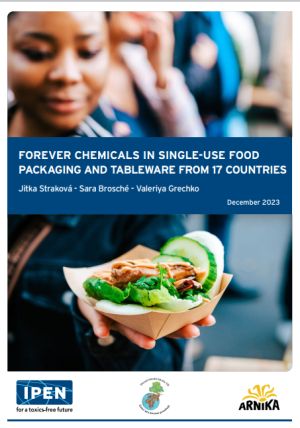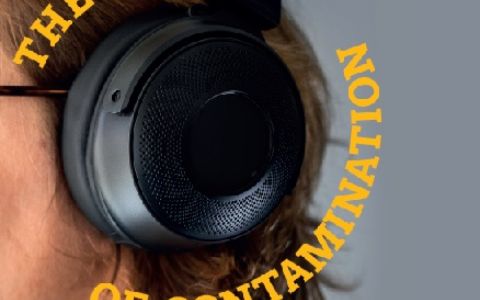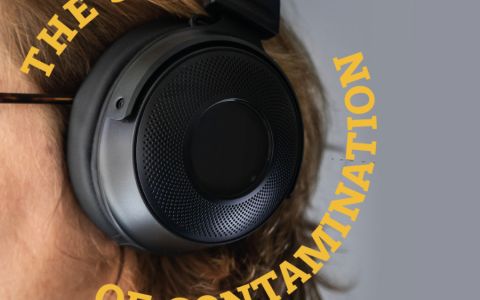This study was conducted to assess PFAS use and unintentional contamination in paper, cardboard, and plant- based food packaging and tableware from 17 countries across Asia, Africa, Europe, Latin America and the Caribbean, and to contribute to the achievement of the universal ban of all PFAS internationally. Setting legislative thresholds for a few small groups of PFAS is not sufficient to control these harmful substances in food packaging. Only a universal ban, including polymeric PFAS, can stop human exposure and release from food packaging. Therefore, the most efficient control measure for reducing the release of PFAS into the environment and for avoiding hazardous (so-called “regrettable”) PFAS substitutes is to have a complete global ban by the Stockholm Convention and national governments.
Forever Chemicals in Single-Use Food Packaging and Tableware from 17 Countries
International Activities
In order to ensure a better and healthier future for as many people as possible, we share our know-how and protect the environment and environmental rights regardless of geographical location.
Armenia: For the clean development of regions Guardians of Moldovan nature Bosnia and Herzegovina: Jewels of nature Clean air for Ukraine Clean air for Georgia Toxic pollution in Thailand Transparent pollution control in Indonesia Climate change in Kazakhstan Eko.ba Cleanair.org.ua Ecocitizens.kz Stop-persecution.org Air Pollution in Kazakhstan Ecoge.org






